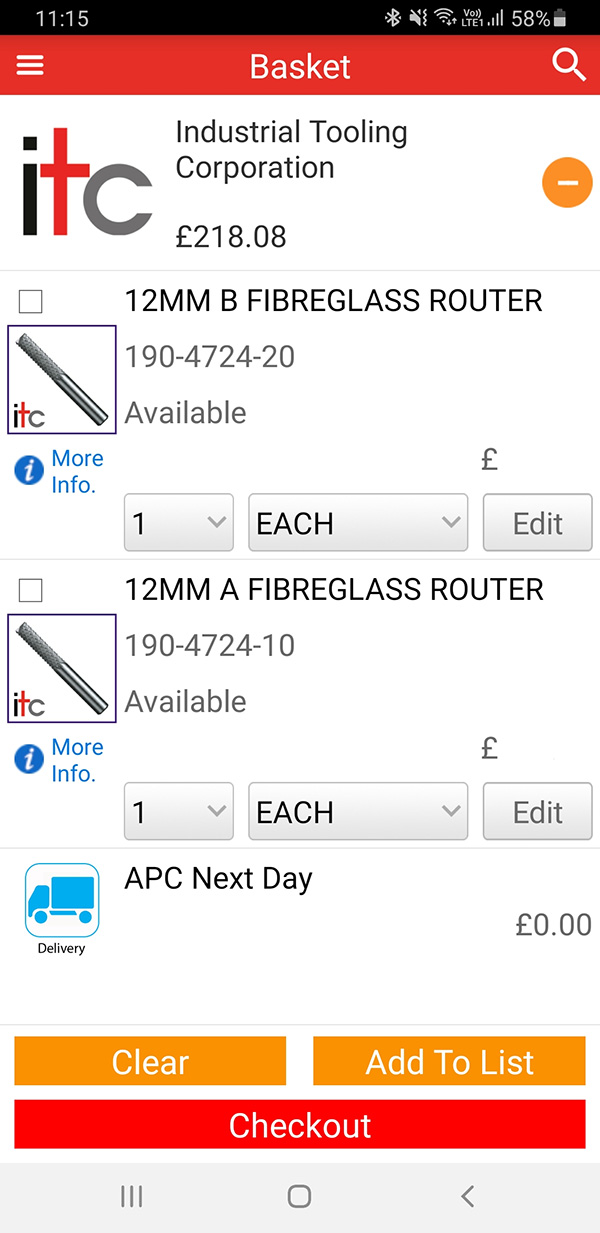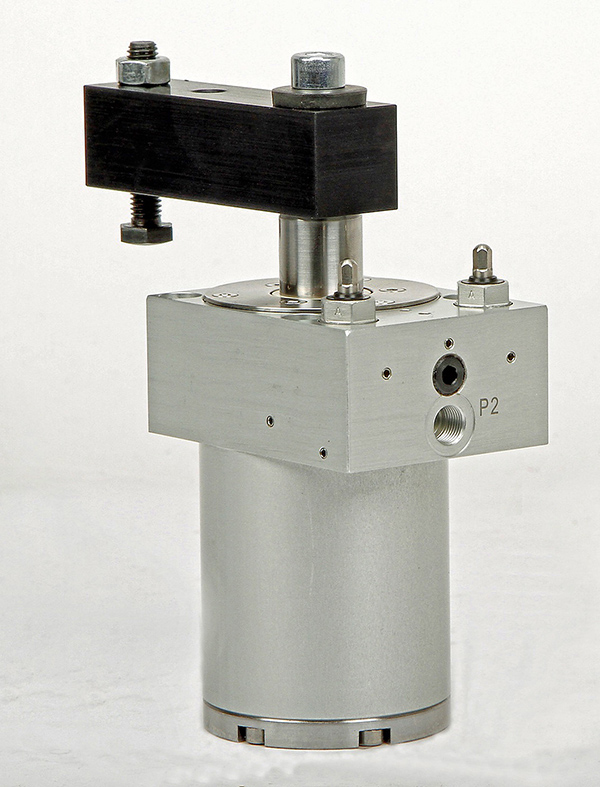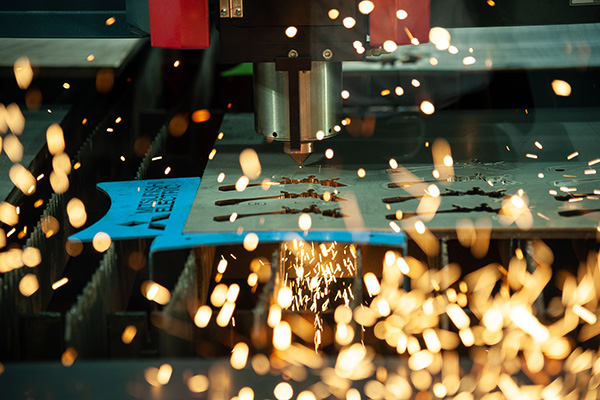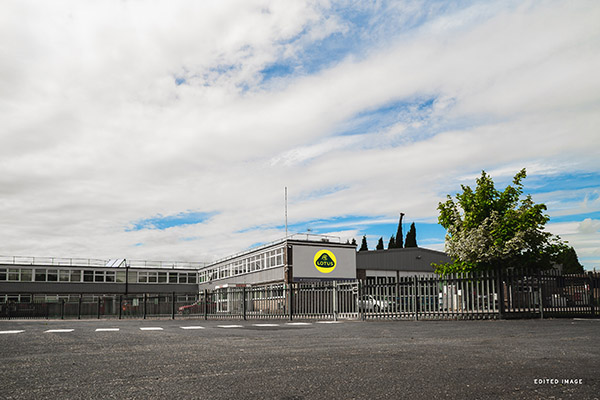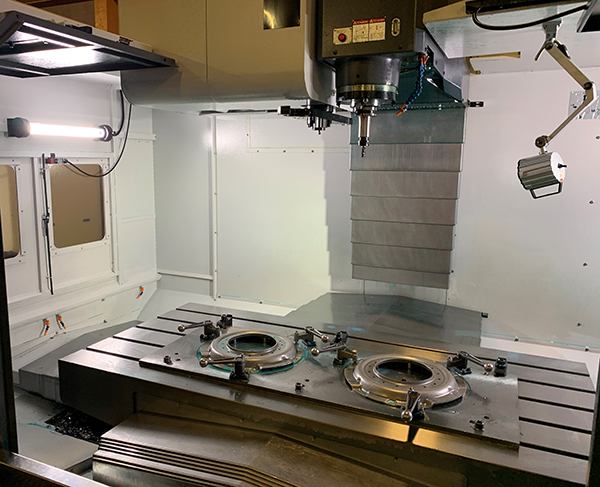As a successful subcontract machining, fabricating, plating, NDT and assembly business, Rotherham-based ENS Precision Engineering expanded its interests with a move to a new 39,000 sq ft factory in 2018. Since relocating to the new facility, the precision engineering company has purchased a Dugard HD1886B machining centre to increase its machining capacity and versatility.

The family business that is now based in Hellaby, on the outskirts of the South Yorkshire town famed for its coal mining and steel production, is delighted with its purchase from machine-tool specialist Dugard.
Commenting upon the purchase, Tim Atwell, director at the ISO9001-certified ENS Precision Engineering, says: “We bought a Dugard machine because it was a very competitive package with box guideways and a BT50 taper, which makes it very rigid. Before committing to the purchase, we visited one of Dugard’s customers and discovered that they were very pleased. In our opinion, this is always the best way to find out about a prospective machine. The testimonial we got provided us with the confidence to buy from Dugard.
“Although many companies go for very high spindle speeds with a low depth of cut, at ENS we believe in using as much of the carbide as possible, going for bigger depths of cut,” continues Atwell. “This is why we go for BT50 taper machines, because they always have the grunt to push the carbide. The results are very good, and we’ve not had any issues so far, which is great.”

Referring to buying the HD1886B machining centre from Dugard, Atwell says: “For this latest investment, we had no reservations in turning to Dugard, which is a long-established company with an honourable track record. The only question for us was around the fact that we’d never acquired this type of machine from Dugard before. We had bought a different brand machine from them in the past, but it was a lathe. So, we just needed to know that the machining centre could do the job and the back-up was there.”
Discussing the new installation at ENS Precision Engineering, machine shop operator and past apprentice, Josh Hipwell, says: “We recently installed the HD1886B and the main reason for the purchase was that our old machine was getting a little tired. We wanted a machining centre that could do all the work that our previous machine could do, and more.”
But as a subcontractor with a variety of brands across the shop floor, Hipwell says the company picked the Dugard HD1886B for a multitude of reasons.
“As a company, we had a set budget that we wanted to stay within. The Dugard machine not only came within that budget, but it was the most robust and rigid machine in its price bracket.”
The Dugard HD1886B has a BT50 spindle taper and this desire for a solid platform was based on productivity goals.
“The majority of jobs we are processing on this machine are produced from mild steel, not harder materials,” says Hipwell. “However, our aim with the HD1886B is to reduce machining times and increase productivity. So, we’re taking very heavy cuts at relatively high speed to reduce our cycle times.”
Looking specifically at the footprint of the machine, which has a bed capacity of 1800 x 860 x 700 mm in the X, Y and Z axis respectively, Hipwell says: “The Dugard HD1886B has one of the biggest ranges in the Y and X axis of any of our machines, but the overall footprint is very compact. Furthermore, the axes are flipped on this machine, where the Y axis is on top of the X axis. This configuration makes the HD1886B construction a lot more rigid for harder and heavier duty cutting.”
Expanding on this statement from Hipwell, Atwell adds: “The working envelope is very useful. Space is always at a premium and the other machines we have that require a lot of space are our sliding-head lathes. Comparatively, the Dugard HD1886B is very compact. I have to say we’re delighted with this machine.”

Referring to some of the jobs the company has cut on the Dugard HD1886B, Hipwell says: “The machine is very versatile. At present, we’re cutting some light fabrication work, but we’ve also cut some very heavy workpieces. The machine is already familiar with taking 10 to 12 mm depths of cut for sustained periods, and it stands up to the task.”
Dugard’s HD1886B is configured with the FANUC 0i-MF Plus series CNC, on which Hipwell concludes: “We already have several machines with FANUC control systems that work back to back from a program perspective, but we also have jobs where we’ve had to put new programs on the Dugard HD1886B with this control and it’s as easy to program as any machine on our shop floor.”
ENS is a family business which has been providing a high quality machining service for 25 years. The company’s customers cover a wide range of industries throughout the UK. As investment in the Dugard HD1886B confirms, ENS has pursued a policy of continuous investment in new high-quality CNC machines.
The company has an excellent reputation for providing right-first-time, high-quality products to its customers. Throughout the production process, regulated inspection procedures ensure complete ISO conformance and traceability. First-off, batch and final inspections are performed by shift supervisors and qualified engineers. Where appropriate, quality checks and reports are performed on the company’s Mitutoyo CMM, where high accuracy is an integral part of the process.
For further information www.dugard.com







